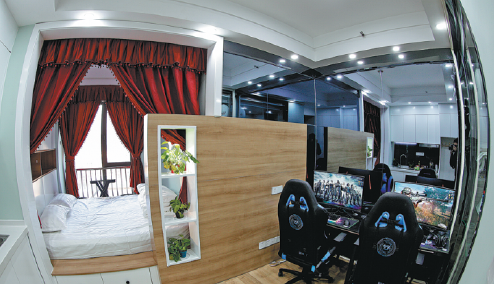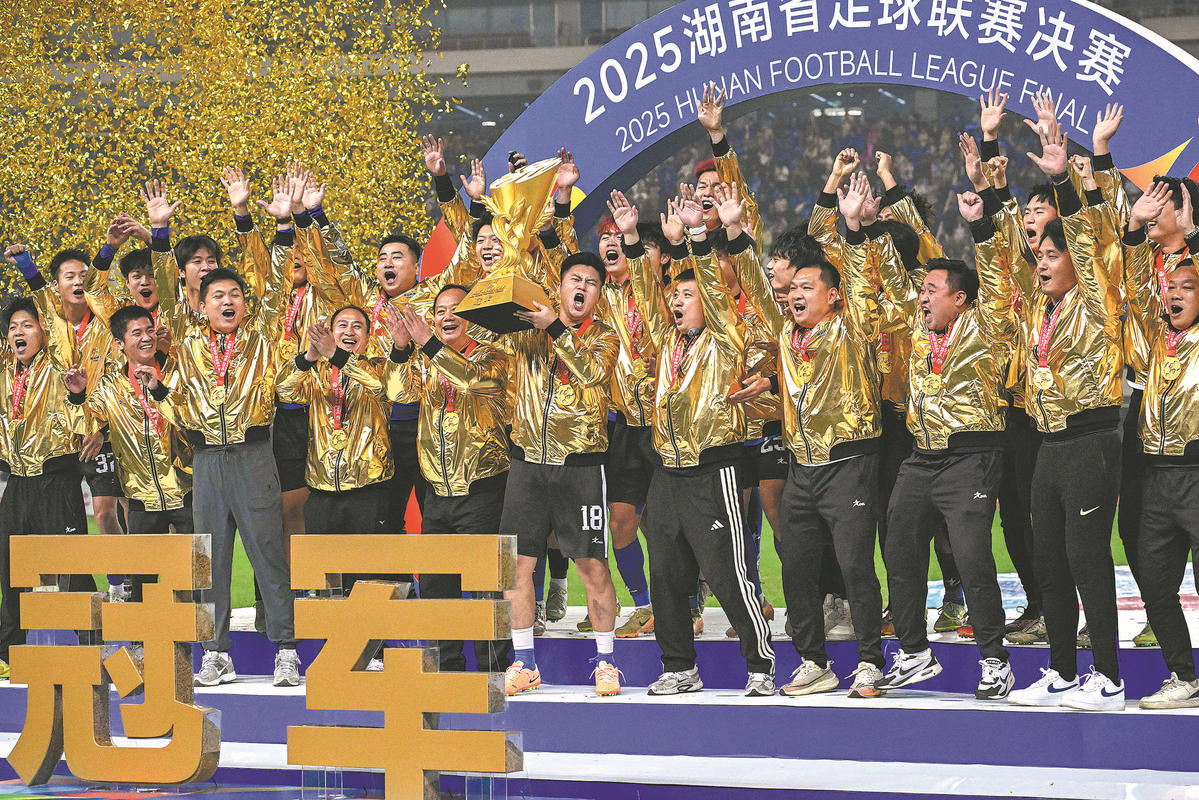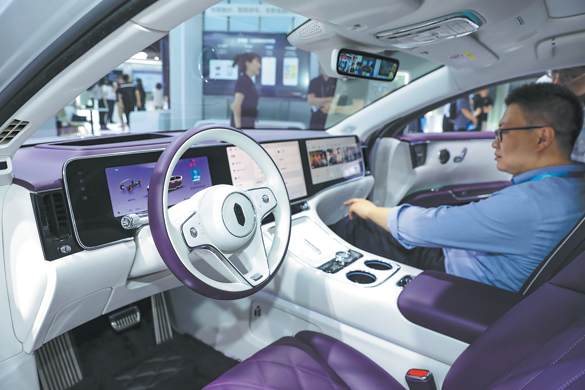Esports hotels being taken to the next level
Gaming hospitality industry segment thriving among younger generation

With an influx of capital flowing to esports-themed hotels, the segment in the hospitality industry is expected to usher in a new development stage, according to industrial observers.
Global hospitality group Shangri-La joined hands with internet company Tencent's arms of video games and esports in mid-June to launch esports-themed guest rooms in the five hotels-Kerry hotels in Beijing and Shanghai and Shangri-La properties in Xi'an, Chengdu and Haikou.
About a week later, online travel agency Tongcheng-Elong announced it would pour tens of millions of yuan into esports-themed franchise I Hotel for its brand image upgrades, marketing and promotion, and increasing its number of properties.
The investments signal the advent of a capital-driven diversification era for esports hotels, Gu Andi, a senior industrial expert, said in an article published online.
Video games raked in 278.67 billion yuan ($42.93 billion) in China last year, an increase of 20.71 percent from 2019, according to an industry report.
Such a huge market scale and rapid growth reflect that esports is not merely a single entertainment means, but has already integrated into people's lifestyles, Gu said.
The authorities have recently enhanced regulation and supervision over the emerging industry, mainly targeting unhealthy habits among teenagers, which allows for more room for the sector's healthy growth, he noted.
While there were some 400 esports hotels three years ago, Gu said, the number is estimated to reach 15,000 this year and to exceed 20,000 in 2023, according to a report from a Chinese tourism research institute.
The report found that Generation Z, referring to the people born between the mid-1990s and the early 2010s, account for the majority of guests at esports hotels, taking up 44.2 percent of the total.
Gen Z are considered digital natives, used to dealing with electronics, computers, the internet and video games from childhood.
Liu Li, a researcher on the international esports industry from the Cross-Straits Tsinghua Research Institute, told Lvjie Media that the development of esports has brought about demand for diverse product offerings, including dedicated space, and themed hotels are part of them.
From the perspective of hoteliers, who are in fierce competition as hotels have changed their role from being a simple accommodation service provider to offering various life experiences, esports gives their properties a calling card, Liu said.
Zhengzhou, capital of Henan province in Central China, is among the Chinese cities with many esports hotels. I Hotel has seven properties in the city.
"While there are more than 370 esports hotels under a variety of brands operating in Zhengzhou, it is still not easy to book an esports guest room on weekends," Yuan Yang, founder of I Hotel, told news portal Jiemian.
Yuan said he found that compared with those staying in conventional hotels, guests at esports hotels seldom leave their rooms before checkout. They tend to order takeouts, rather than going to restaurants, and check out at a later time.
To cater to their needs, I Hotel has in its guest rooms installed high-configuration computers, comfortable chairs and a side-by-side refrigerator filled with a selection of drinks and ice cream bars, and offers a round-the-clock catering service. The checkout time is 2 pm at I Hotel, and for those that have a membership, that time can even be postponed to 4 pm, according to Yuan.
Guo Lina, an executive of a Beijing-based I Hotel management company, told Lvjie Media: "Many people view an esports hotel as an extension of an internet cafe and believe that the key to running such a hotel is to upgrade the computer configuration.
"That's not my opinion. The computer configuration is indeed important, but getting to the root of the issue, esports hotels are a segment of the hospitality industry."
So as hotels, they need to keep service and hygiene up to standards, which some esports hotels fail to meet, Guo said.
Liu said the core competitiveness among esports hoteliers will lie in their offerings. "Like Disneyland, whoever can create great content will be able to go further."

Today's Top News
- China-Cambodia-Thailand foreign ministers' meeting held, press communique issued
- Drills demonstrate China's resolve to defend sovereignty against external interference
- Trump says 'a lot closer' to Ukraine peace deal following talks with Zelensky
- China pilots L3 vehicles on roads
- PLA conducts 'Justice Mission 2025' drills around Taiwan
- Partnership becomes pressure for Europe






























